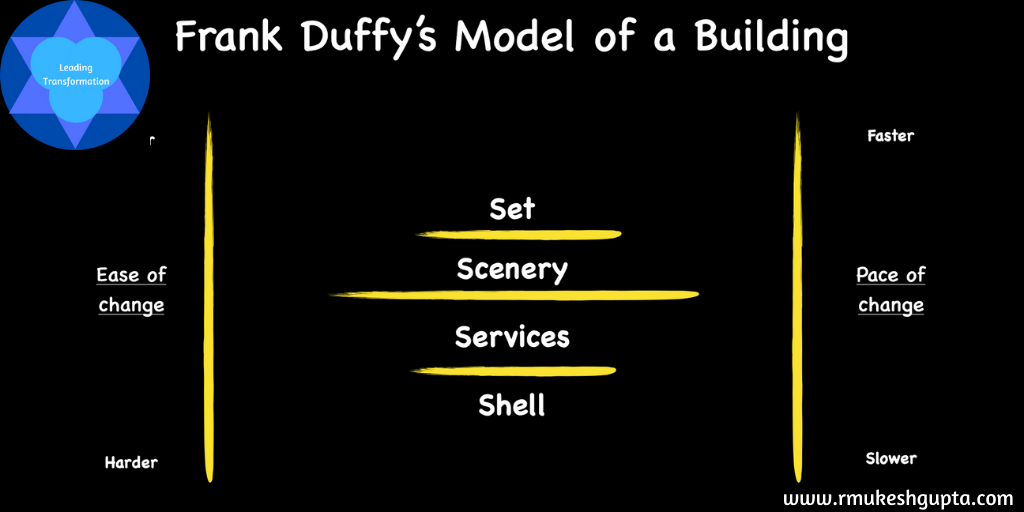Premise:
There is a growing realisation amongst us in the world that we are currently just moving towards a future where most of the existing jobs will be taken over by AI and robots. While there are a lot of people who will say that the future where we will be either working along with AI or robots or even lose our jobs to them. There are already robots and AI algorithms which are helping do jobs that lawyers, doctors, writers, journalists, musicians, artists, accountants and analysts.
Accounting Standards & AI:
One of the things that was surprising to me when i read a post by John Sharp, that I realised the role that accounting standards could potentially play in the acceleration in the adoption of AI and robots in our day-to-day life.
He observes
Thanks to accounting conventions and tax laws dating back centuries, a robot doesn’t need to be better – or more efficient – than a human being at a task to make a business more profitable. It just needs to be 34% as good, or 11% as good, depending on that business’s accounting and amortizations policies.
This is a standard practice that almost every entrepreneur around the world uses in order to reduce their overall tax liability. This means that for business who want to replace humans with robots and AI algorithms, the accounting standards that we follow around the world is a good thing in every way we can think of. So, I would not be surprised to see more and more businesses go to algorithms for automation and elimination of human labor, even if they are not very effective already, knowing too well, that they will get increasingly better with time.
What does this mean:
This means that as a race, we need to understand the implications of AI and robots becoming common place. There is a distinct possibility that this can happen much faster than we all expect. This means that we need to have a productive dialogue to discuss these implications and find ways and means to ease out this transition for the people who will be affected the most by this transition.
There is already a section of entrepreneurs who are voicing their opinions and starting the debate. Bill Gates shares his thoughts about how and why should robots that replace humans should continue to pay income tax or Elon Musk calling for artificial intelligence regulation to combat ‘existential threat’ from robots.
I believe that as entrepreneurs, it is our responsibility towards our employees to take care of them. Human history tells us that mass displacement of labour with high levels of unemployment is a recipe for disaster. So, as entrepreneurs, we are in a unique position to not only talk about how this transition will take place, but also imagine the new kinds of jobs that could arise in the new reality that we are moving towards. It is then in our own self-interest to train our people in such a way that they can smoothly move into these new jobs that will be created.
We also need to think about the following – What use it is to increase our productivity by replacing humans with robots, thereby increasing unemployment for us as a business? If there is massive unemployment, who will buy the products that we are making so efficiently?
The reality is that right now, we are all speculating. However, one thing is certain. Robots and AI algorithms will arrive in the workplace sooner or later and disrupt the employment rates in our society. We need to be ready for this displacement. It is in the best interest of us entrepreneurs to help ensure a smooth transition and avoid anarchy in the market.
Conclusion:
In conclusion, us as entrepreneurs start thinking about this issue.
- Lets start having a conversation about what could the different futures look like,
- What could the jobs of the future look like?
- What can we do to help our employees learn the skills that will help them transition to the new reality?
- What kind of policies (taxation, regulation or limitations) need to be thought, discussed and decided upon.
It is in our best interest to bring this discussion in the public discourse and ensure that the transition that we are going to witness is as smooth and minimally disruptive as it could be.


